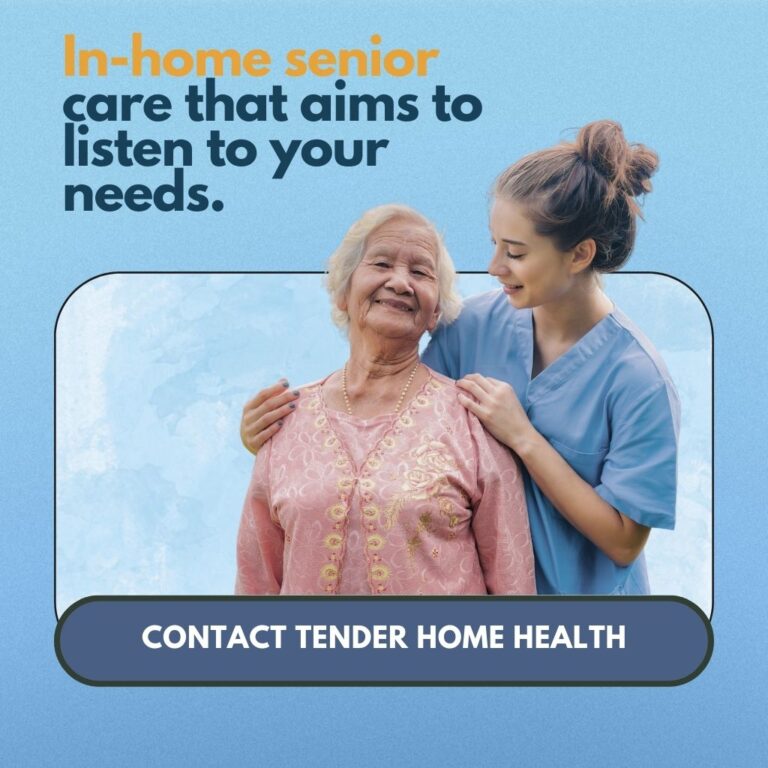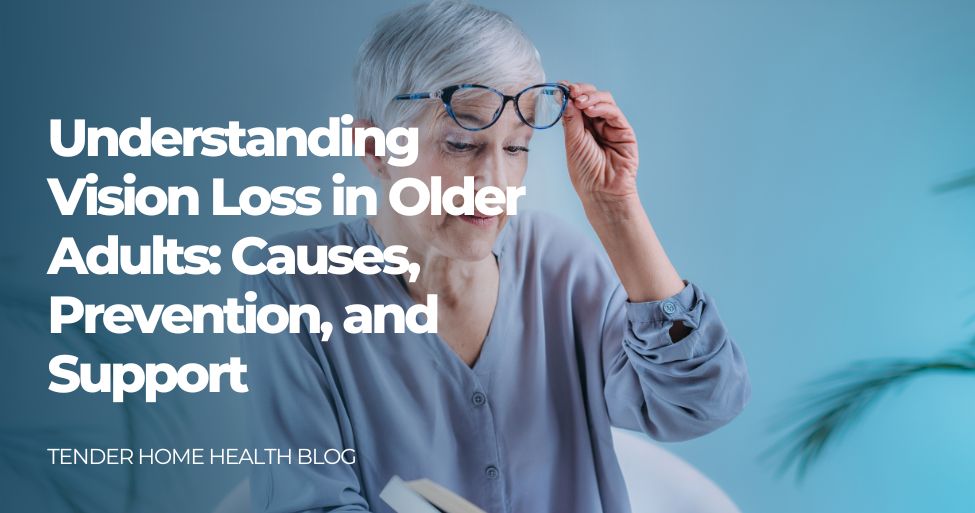Vision loss is a significant concern for many older adults, affecting their independence and quality of life. Fortunately, there are proactive steps that seniors and their families can take to maintain eye health and prevent vision loss. This blog will provide practical tips and explain how home care agencies can assist in managing and preventing vision problems in older adults.
1. Regular Eye Exams
Scheduling regular eye exams is crucial for early detection and management of eye conditions. Seniors should visit an eye doctor at least once a year.
2. Maintain a Healthy Diet
Eating a balanced diet rich in fruits, vegetables, and omega-3 fatty acids can help maintain eye health. Foods like leafy greens, carrots, and fish are particularly beneficial.
3. Manage Chronic Conditions
Conditions such as diabetes and hypertension can affect vision. Proper management of these conditions through medication, diet, and exercise can prevent vision problems.
4. Protect Eyes from UV Light
Wearing sunglasses that block UV rays can help protect eyes from damage caused by the sun.
5. Stay Physically Active
Regular exercise improves blood circulation, which can benefit eye health. Activities like walking, swimming, and yoga are excellent choices.
6. Avoid Smoking
Smoking increases the risk of developing age-related eye diseases. Quitting smoking can significantly reduce this risk.
7. Use Protective Eyewear
When engaging in activities that could harm the eyes, such as certain sports or home repairs, wearing protective eyewear is essential.
8. Control Blood Sugar Levels
For seniors with diabetes, maintaining stable blood sugar levels is crucial in preventing diabetic retinopathy and other vision problems.
9. Stay Hydrated
Drinking plenty of water can help maintain overall eye health by keeping tissues hydrated.
10. Use Good Lighting
Ensuring that living spaces are well-lit can reduce eye strain and improve vision clarity for seniors.

How Home Care Agencies Can Help
Assistance with Daily Activities: Caregivers can help seniors with tasks that may become challenging due to vision impairment, such as reading, medication management, and navigation around the home.
Transportation Services: Home care agencies can provide transportation to and from eye doctor appointments, ensuring that seniors receive regular eye care.
Home Safety Modifications: Caregivers can help make the home environment safer by improving lighting, removing tripping hazards, and installing grab bars where needed.
Nutritional Support: Home care providers can assist in meal planning and preparation to ensure seniors consume a diet rich in eye-healthy nutrients.
Companionship: Emotional support and companionship from caregivers can improve the overall well-being of seniors with vision loss, helping them stay engaged and active. Addressing vision loss involves regular eye exams, a healthy lifestyle, managing chronic conditions, and using protective eyewear. Home care agencies provide essential support in managing daily activities, transportation, and home safety for seniors with vision loss.




